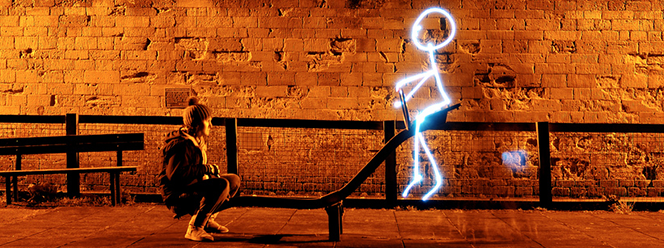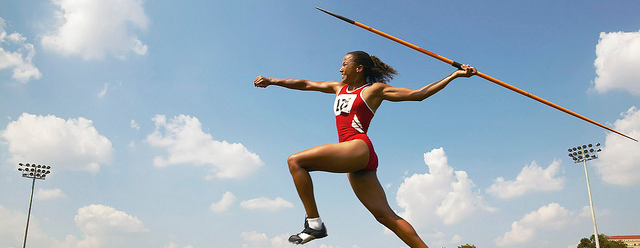
“Better” Than You

It’s an endless quest to be good enough in another person’s eyes. Not facing our own thoughts and feelings, we measure our self using the eyes of another. Unable to acknowledge it’s really our own perception of self that we use as the measure—not theirs.
It takes practice to feel good and whole as we are. Sometimes, rather than doing this, we buy clothes and things, chase and stockpile money, and do what we can to be “better” than others. In comparison, we find our worth.
Rather than question and/or remove ourselves from the mindsets and situations that exert and encourage this dance of superiority/inferiority, we can find ourselves feeding into it and trying to puff ourselves up in order to match it—and even beat it. In our armour of clothes, hair, beautiful things, and pomp we are elevated and protected.
A culture of buying into the need to feel superior (and invariably, inferior) to others. A collective experience encouraging us and teaching us all to feel so very insecure.
Repeatedly pushed and pulled to feel inferior and superior, internally and externally, this wild see-saw of emotion is crazy-making. In our totality, we are no better nor worse, yet we each have qualities that make us “better” than another. It’s focusing on these qualities that gets us caught on the see-saw. Feeling superior ultimately leads to feeling inferior. And vice versa. The pendulum keeps swinging, the see-saw rises and falls.
How do we know what is impressive to another? Thinking what impresses us is what impresses everyone leaves us in fantasy, believing everyone is like us. And they are not. Acknowledging our fantastical expectations, we are pulled by them less by them—and we’re less likely to push them on others, keeping ourselves on the see-saw.
We are neither as perfect nor as terrible as we imagine ourselves (and others) to be. Accepting this frees us from the push and pull to be “the best.” Equanimity actively dissolve the illusion surrounding us.
For our own happiness, we need to own the places where we compete and compare, where we feel inferior and superior to others. It’s so very okay that we ride the see-saw. It’s so very okay we measure our self against others. Owning this, we make the see-saw an easier ride for all of us. Now, the pendulum has less space to swing, and the ride becomes less wild. For the moment, in our truth, we are each good enough.
photo credit: Mike Leary


